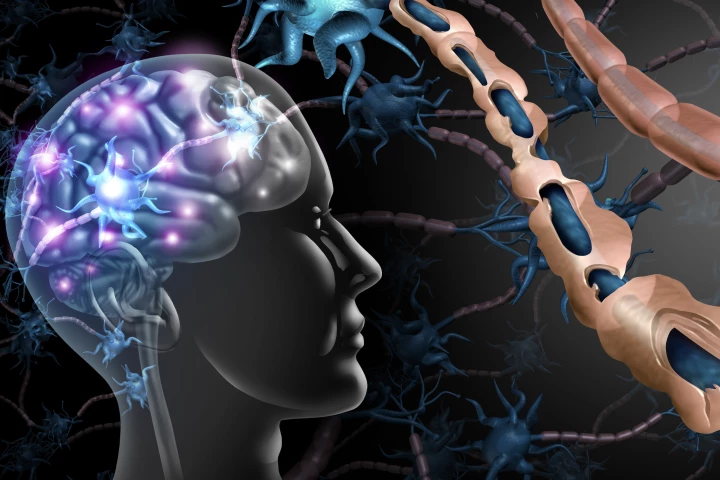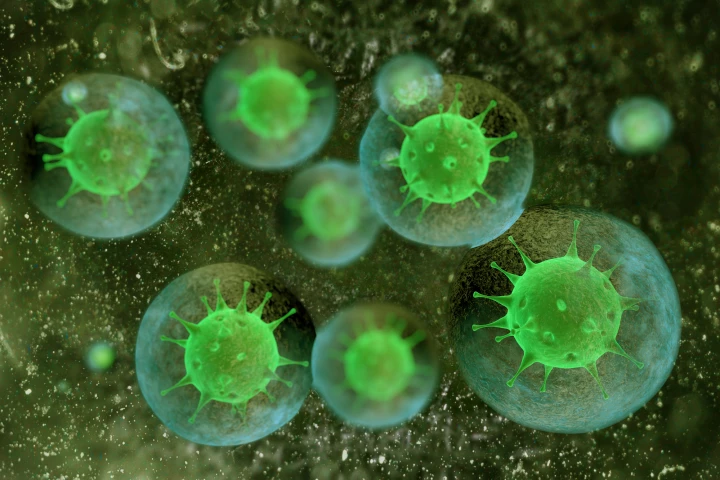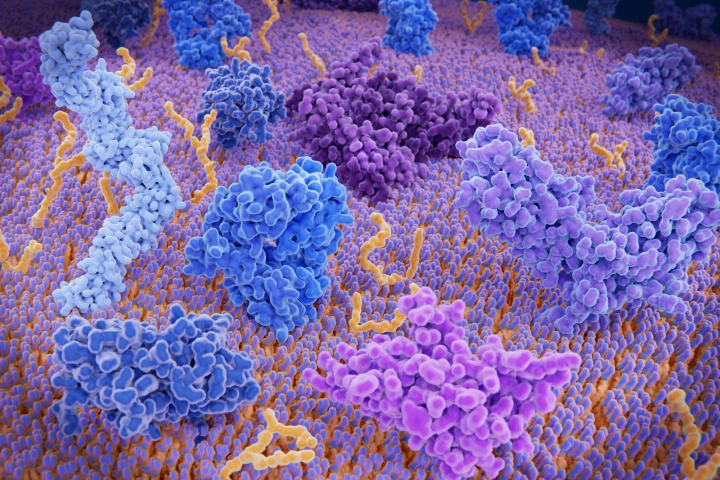Autoimmune
-
People with an autoimmune disease have almost double the risk of developing depression, anxiety, and bipolar disorder, according to a new study. The findings provide more evidence of a link between inflammation and psychiatric illness.
-
Researchers have uncovered another piece of the Parkinson’s disease puzzle, identifying that particular immune cells are active long before the hallmark motor symptoms become apparent. It paves the way for the development of earlier diagnostic tools.
-
Diagnosing celiac disease often means exposure to the thing that makes you sick, which can be debilitating. It may soon be simpler and pain-free, with a first-of-a-kind test that can detect and gauge the severity of the disease in a test tube instead.
-
Scientists have made a breakthrough that could lead to new treatment options for celiac patients. The team identified how and where the gluten response begins, with certain cells playing a bigger role than thought.
-
Scientists at Harvard have developed a promising new treatment to reverse hair loss associated with alopecia. Painless microneedle patches loaded with an immune regulating drug regrew hair in mice with alopecia within a few weeks.
-
In two separate studies, researchers have identified the mutation that can lead to the autoimmune disease lupus. The discovery opens the door to new therapeutic approaches and testing for the mutation, which would ensure early disease diagnosis.
-
Researchers have identified a way of selectively eliminating the ‘bad’ immune cells that contribute to autoimmune skin diseases like psoriasis while leaving the ‘good’ cells intact. The discovery could lead to longer-lasting, more targeted treatments.
-
An ‘inverse vaccine’ has been developed that reverses the damage caused when the immune system mistakenly attacks the body’s healthy organs and tissues. It could pave the way to a treatment for autoimmune diseases like MS, type 1 diabetes and arthritis.
-
Scientists have demonstrated in mice that specially designed probiotics can reduce brain inflammation from diseases like multiple sclerosis. The study points to new potential therapies for chronic conditions that may be as simple as popping a pill.
-
Multiple sclerosis sufferers can experience long periods of remission, but increasingly damaged nerves make relapses more frequent and severe. Scientists now believe, with a little molecular encouragement, those damaged nerves can heal themselves.
-
Researchers have discovered new information about how the body’s antibody-mediated immune system works, calling into question long-held scientific understanding and opening the door for potential advancements in immunological treatment.
-
Autoimmune diseases such as MS and rheumatoid arthritis affect almost four percent of the global population. A new study has now identified a naturally occurring compound that may provide a new way of treating these debilitating diseases.
Load More











